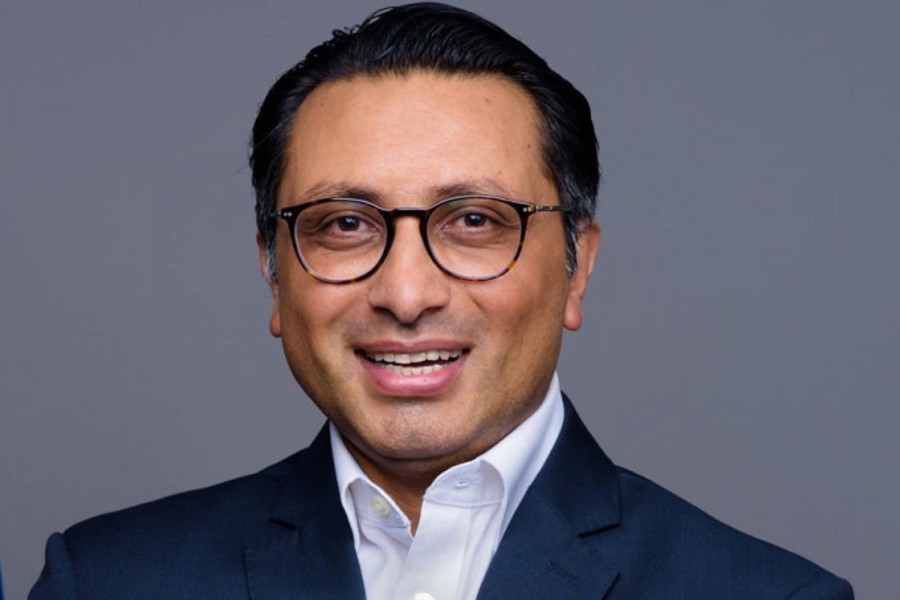Editorial
Action over word
Is it the case that those who join politics through “lateral entry” are often too ambitious and impatient?
The decision of noted economist Swarnim Wagle to quit Nepali Congress and join the Rastriya Swatantra Party has sparked a new debate. Are traditional parties like the Congress too hide-bound and reluctant to embrace and promote experts in various fields? Are they run like fiefs, as Wagle has accused the “Deubas” of doing with the Congress party? Or is it the case that those who join politics through “lateral entry” are often too ambitious and impatient? When it comes to promotions and ticket distribution, shouldn’t they abide by the rules that apply to the rest of the party rank and file?
It is clearly not the case that Nepali political parties do not value academic merit. A PhD holder occupied the prime minister’s chair not so long ago. In major parties, too, there are plenty of PhDs in different domains. Even ageing office bearers and standing committee members of political parties are studying for higher degrees or to acquire some new professional expertise. This is the case even with those who once boycotted “bourgeois education”. Increasingly, there is a trend in political parties of appointing experts in the respective party departments, for instance those dealing in health and education. Even in Wagle’s case, he was appointed the vice-chairman of the National Planning Commission in recognition of his knowledge and acumen. From the CPN-UML Yubaraj Khatiwada got to become the finance minister largely because of his academic excellence.
But the accusation that Nepal’s major parties are controlled by a handful of leaders and it is difficult for those outside their cliques to move up the party ladder is hard to refute. For instance, Nepali Congress President Sher Bahadur Deuba has tried to completely sideline the rival faction in his party, be it in the appointment of the party’s top non-elected office-bearers or in the pick of Cabinet ministers. Whatever your academic pedigree or however high your public standing, if you are in the bad books of top leaders, you will find it infernally hard to move up the party ranks: In one telling example, Ghanashyam Bhusal, the party ideologue who was always critical of the CPN-UML leadership, had to ultimately leave the mother ship.
The insecurity of the top leaders is also evident in their reluctance to groom successors. Whether it is Deuba in the Congress, KP Oli in the UML or Pushpa Kamal Dahal in the CPN (Maoist Centre), they would ideally like to remain the party head for the rest of their life. Yet, in the long run, these leaders won’t be able to stop the growing trend of political parties being influenced by various kinds of experts and lateral entrants. In the end, perhaps we will also do well to consider that just like the rest of us, the experts are humans too. And just like the rest of us, they are experts in only narrow fields. It is not necessary that a top-notch economist or a fantastic bureaucrat will be a good politician as well. Those who wade into politics should be judged based on their actions not their promises.




 18.12°C Kathmandu
18.12°C Kathmandu














